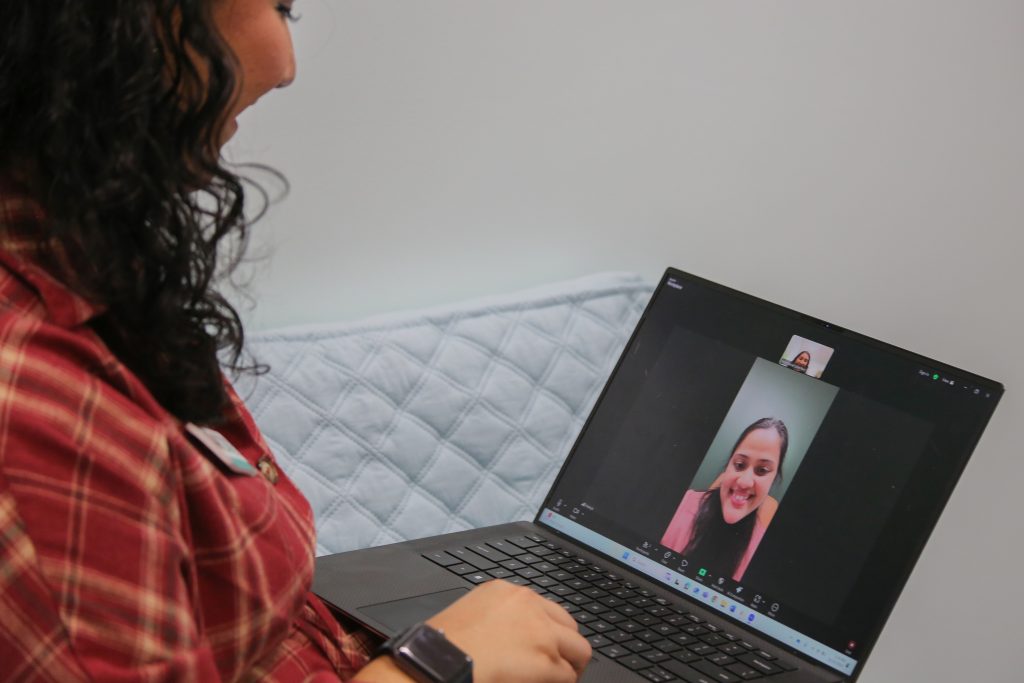Virginia’s Developmental Disabilities (DD) Waivers provide critical supports for people with intellectual and developmental disabilities and fund a wide range of services — from personal care and job coaching to behavioral therapy and residential support — tailored to each individual’s needs.
More providers are using telehealth to deliver services that used to be in person. While virtual care does not substitute for in-person health and welfare guards, this convenient offering can make services easier to access, especially for people in rural areas or those who need flexible scheduling. But to make sure care stays safe, effective, and person-centered, Virginia Medicaid now requires a Telehealth Information and Attestation form.
Telehealth Information and Attestation Form: What Providers Need to Know
The Telehealth Information and Attestation form ensures that patients receiving DD Waiver services, or their guardians, fully understand what telehealth is and how it will be used to deliver care. It confirms that participation is completely voluntary, and individuals may opt out at any time. The form also requires providers to clearly explain the services being delivered, who will be present during virtual sessions, and how privacy will be maintained. Finally, it documents agreement among the individual, the provider, and the Support Coordinator that telehealth is an appropriate and effective way to support the person’s needs and goals.
The Support Coordinator is a dedicated role that is responsible for ensuring telehealth is appropriate and effective for individuals receiving services. This includes coordinating with the support team to assess and document the individual’s willingness and ability to use telehealth, incorporating this justification into the Individual Support Plan (ISP), and evaluating progress on desired outcomes. The Support Coordinator must complete the telehealth attestation and obtain ISP signatures annually to confirm that telehealth is a suitable choice for the patient.
How This Impacts Individuals and Families
For people receiving DD Waiver services, the Telehealth Information and Attestation form provides more choice, flexibility, and control. It ensures that services are not only available but are delivered in a way that works best for the individual and their unique needs. The form also reinforces important rights, including the ability to say no to telehealth at any time and to have personal privacy respected throughout the process.
Additional Provider Requirements
For providers, using telehealth under the DD Waiver program comes with clear responsibilities. They must maintain the same high standards of care as they would during in-person visits and use secure, HIPAA-compliant technology to protect patient privacy. Providers are expected to be trained in telehealth tools, thoroughly document patient consent and service effectiveness, and uphold their role as mandatory reporters in cases of suspected abuse, neglect, or exploitation. Additionally, providers must either have a physical presence in Virginia or establish referral pathways to ensure that in-person care is available when needed, meeting the requirements of the standard of care.
Whether services are delivered on a screen or face-to-face, patients deserve to be informed, supported, and empowered to make the best choices for themselves. This new requirement ensures that telehealth is used thoughtfully, with the same attention to quality, safety, and person-centered planning as traditional services.
Read more about the DD Waivers Telemedicine Information from the Virginia Department of Behavioral Health and Developmental Services.


